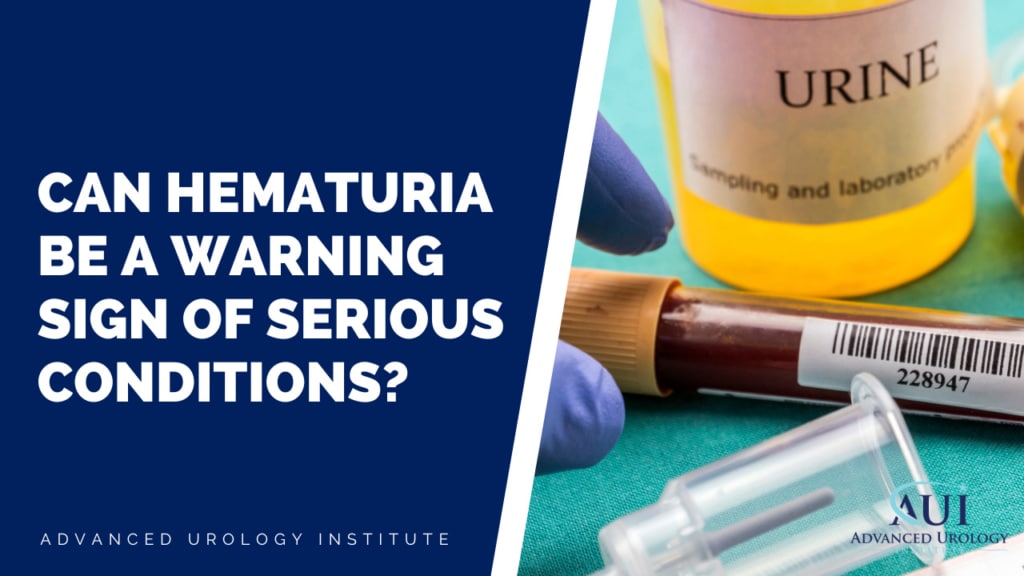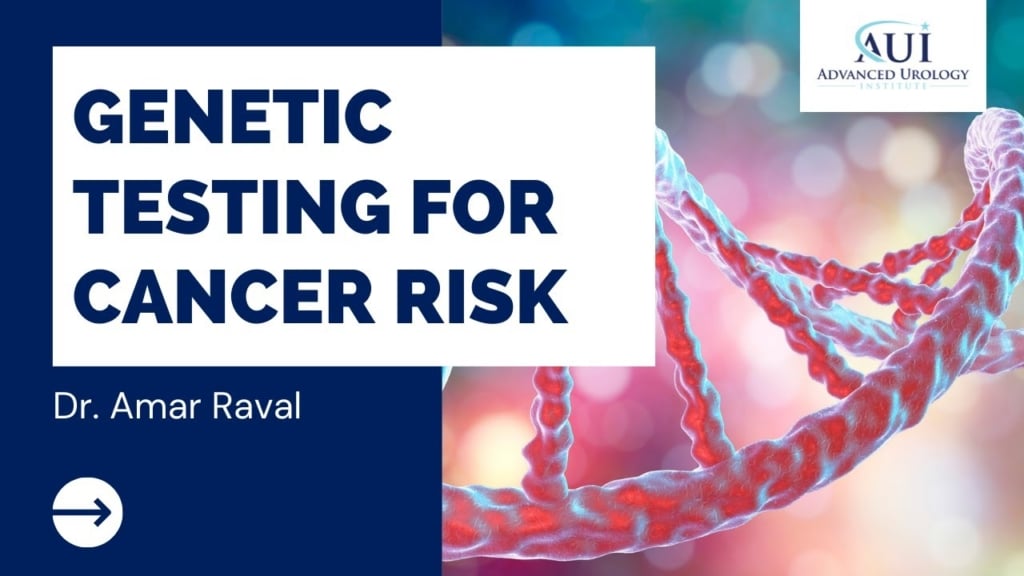KIDNEY CANCER
KIDNEY CANCER

When cancer cells of any type are found within the kidney, it is commonly called kidney cancer. Renal Cell Carcinoma is the most common type of kidney cancer and it accounts for more than 90% of malignant kidney tumors. Like all cancers, renal cell carcinoma begins small and grows larger over time. Some renal cell carcinomas are noticed only after they have become quite large; most are found before they metastasize (spread) to other organs through the bloodstream or lymph vessels. Renal cell cancers are usually graded on a scale of 1 through 4. Grade 1 renal cell cancers have cell nuclei that differ very little from normal kidney cell nuclei. These cancers usually grow and spread slowly and tend to have a good outlook (prognosis). At the other extreme, grade 4 renal cell cancer nuclei look quite different from normal kidney cell nuclei and have a worse prognosis.
The doctor will start an examination by looking at the history of the patient. A family history of cancer makes a person more at risk for any type of cancer. Although kidney cancer can be diagnosed without extensive testing, the doctor may want to have a number of tests done, including imaging tests such as a CT scan or an MRI, chemical urine and blood tests, or a biopsy of the renal mass for a clearer and more positive identification of the tissue.
Patients who are experiencing any of the symptoms described above should consult a physician who can perform the diagnostic tests necessary to rule out the possibility of cancer. Call Advanced Urology Institute for more information on kidney cancer, its symptoms and treatment.
Risk Factors
Many cases of renal cell carcinoma can be prevented by following some healthier guidelines for living, such as not smoking, since cigarettes are responsible for a large percentage of cases. Many of the cancer-causing chemicals in tobacco smoke are absorbed into the bloodstream by the lungs. Because the kidneys filter this blood, harmful chemicals can become highly concentrated in the kidneys. Several of these chemicals are known to damage kidney cell DNA in ways that can cause the normal cells to become cancerous cells. Workplace exposure to large amounts of hazardous substances such as cadmium, asbestos, and organic solvents can also increase your risk for renal cell cancer. Hypertension (high blood pressure) raises the risk level of developing kidney cancer, but it is not certain whether the risk is higher due to the medication needed to lower the pressure or the actual disease. In any event, medication should not be stopped to avoid the possibility of a risk factor. It is known that obesity alters the body’s hormonal balance, which controls the growth (both normal and abnormal) of many different tissues in the body, including kidney tissue. A healthy diet and exercise will not only afford the body the nutrients and oxygen to function more efficiently, it can offset the tendency to become obese as well as lower the blood pressure naturally.
Signs and Symptoms
Early kidney cancers do not usually cause any signs or symptoms, but larger ones do. Some possible signs may include:
- Blood in the urine
- Low back pain
- Mass or lump in the abdomen
- Fatigue
- Unintentional weight loss
- Persistent fever not associated with an infection
- Swelling of ankles and legs
Diagnosing Kidney Cancer
The process begins with the doctor taking a complete medical history to check for risk factors and symptoms, followed by a physical exam which can provide signs of kidney cancer such as a tumor. Unlike most other cancers, kidney cancer can often be diagnosed without the need for a biopsy, but the following tests may be included in the investigative process:
- Imaging tests, such as CT scans and MRI’s
- Microscopic and chemical tests of the urine
- Blood tests
- Fine needle aspiration (biopsy)
Active Surveillance and Surgery
When a patient is diagnosed with kidney cancer, urologists will first make inferences as to the size, nature and rate of growth of the cancer. When it is found to be small and growing slowly, they may recommend active surveillance (watchful waiting). During this period, the patient is monitored very closely and treatment is withheld until it is evident that the cancer is worsening. Surgery is typically the first choice in cases where kidney cancer is found to be spreading rapidly. Both the tumor and affected tissue in the surrounding area are removed to prevent any further spread. Urologists are trained in the surgical treatment of kidney cancer. Surgical techniques commonly used include radical nephrectomy, partial nephrectomy, robotic and laparoscopic surgery, radiofrequency ablation and cryoablation.
Targeted Therapy and Immunotherapy
Targeted therapy refers to blocking the growth and spread of kidney cancer by targeting specific proteins, genes and the kidney environment where cancerous cells grow and thrive. Various drugs and molecular treatment procedures are used to limit further damage to unaffected cells. For example anti-angiogenesis is a kind of targeted therapy aimed at stopping angiogenesis (generation of new blood cells) hence starving the tumor, which relies on blood vessels for nutrition. Common anti-angiogenic drugs used to cure kidney cancer include sunitinib (Sutent), sorafenib (Nexavar), pazopanib (Votrient), which are inhibitors of tyrosine kinase (TK), and bevacizumab (Avastin), everolimus (Afinitor), and Temsirolimus (Torisel), which slow the growth of the tumor.
Immunotherapy (biologic therapy) is prescribed in an effort to activate the natural defenses of the body. Drugs such as Interleukin-2 (IL-2), High-dose IL-2, and Alpha-interferon are used in immunotherapy to boost the body’s immunity, increase survival, and to boost the effectiveness of other treatment approaches used.
Radiation Therapy, Chemotherapy and Treatment Failure
When necessary, urologists may work with radiation oncologists to ensure that cancer cells are targeted using high-energy radiation or particles. However, radiation is never considered for primary treatment and is rarely used because the high energy radiations can also cause serious damage to the healthy portions of the patient’s kidney. Chemotherapy, whether systemic or otherwise, refers to the use of drugs to destroy or stop the growth of cancer cells. Patients may be given single or combined doses of drugs according to chemotherapy regimens. Some drugs that are used to treat kidney cancer are gemcitabine (Gemzar), capecitabine (Xeloda), and fluorouracil (5-FU, Adrucil). However, due to the increased resistance of kidney cancer to many drugs, chemotherapy is rarely considered by urologists.
While treatment interventions may cure kidney cancer, recovery is not always certain. Even though kidney cancer patients have among the highest survival rates of all cancer patients, the survival rate is not 100%. In some cases, the physician will have to declare that the cancer is terminal or advanced. This is the most stressful and difficult diagnosis for patients and many opt not to discuss it. However, the urologists at Advanced Urology Institute will make an effort to ensure that the patient is informed, free of pain, and receives the requisite care and support during their remaining days. They will recommend the best hospice care for the patient and ensure that the right equipment and nursing care are available. For more information on the treatment of kidney cancer, call or visit Advanced Urology Institute.
PHYSICIANS WHO SPECIALIZE IN
KIDNEY CANCER




STAY IN THE KNOW
















